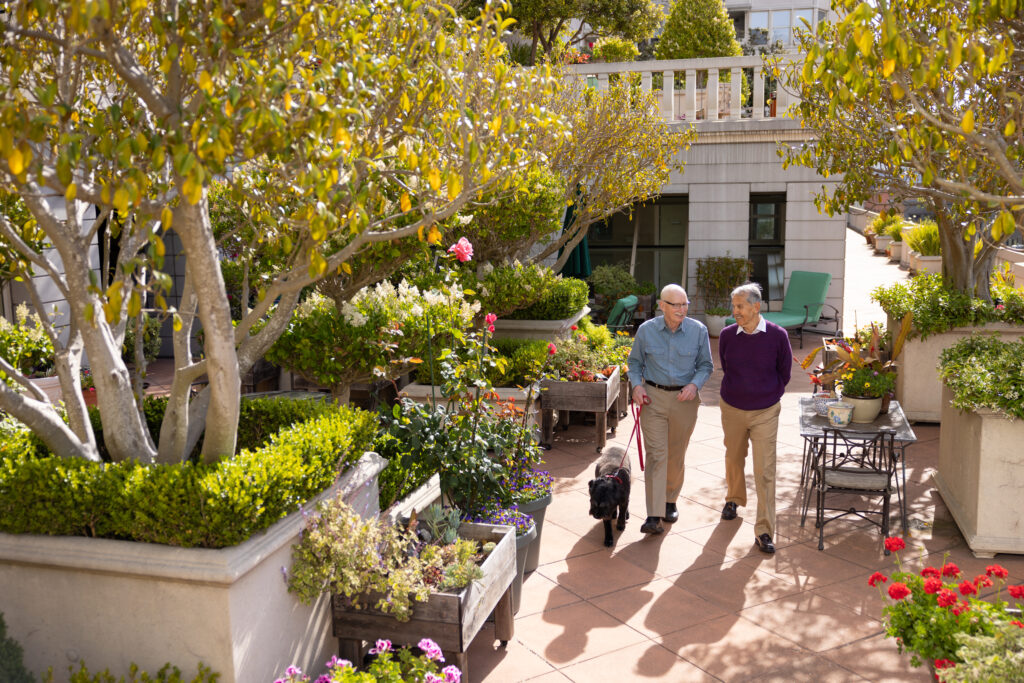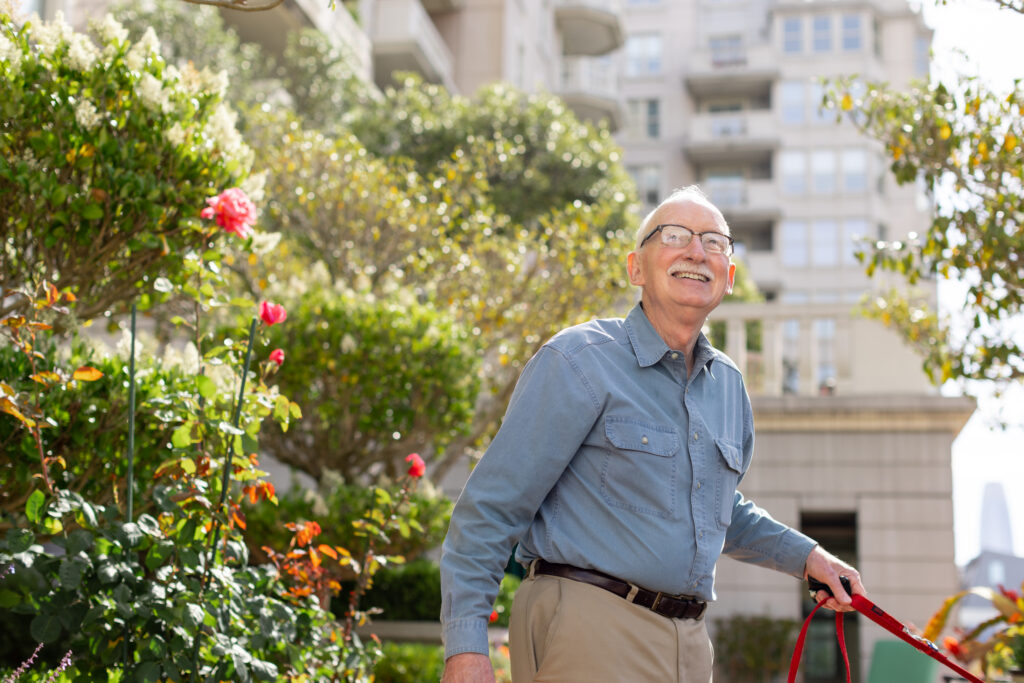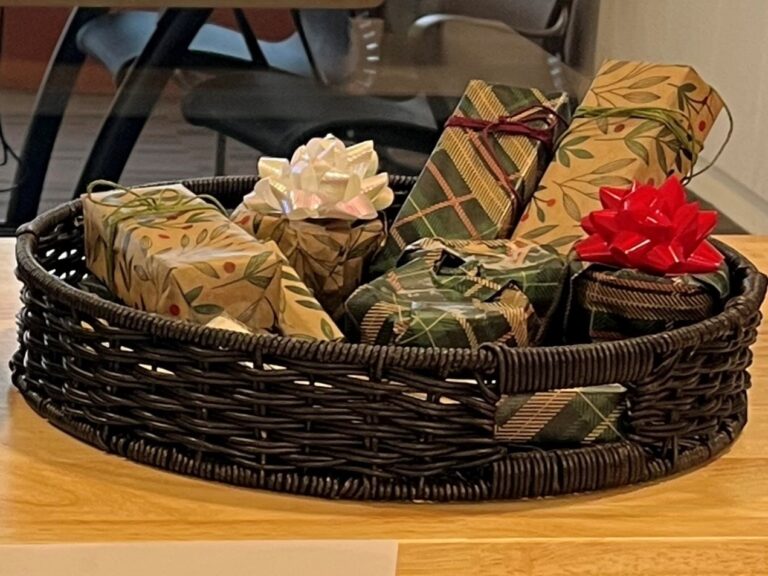October 10, 2024
Strengthening Bonds Between Caregivers and Family Members in San Francisco

The Importance of Collaboration in Caregiving
Caregiving is a complex and multifaceted responsibility, often involving a network of individuals, including professional caregivers in a community, family members and friends. When these parties collaborate, the caregiving experience can be significantly enhanced, leading to improved results for the care recipient and a more supportive environment for all involved.
Collaboration in caregiving is not just a nice to have but a crucial component in ensuring the well-being of both the care recipient and the caregiving team. This is particularly evident in our assisted living in San Francisco, where our diverse team of professionals works with residents and their families to create a thriving and supportive environment in our community.
Challenges Faced by Caregivers and Family Members
Navigating the complexities of caregiving can present significant challenges for caregivers and family members. Differences in communication styles, expectations and priorities can often lead to misunderstandings, conflicts and a breakdown in the collaborative process. Additionally, the emotional strain and stress associated with caregiving can make it challenging for individuals to maintain a constructive and supportive relationship.
Caregivers may feel overwhelmed by the demands of their role, leading to burnout and a diminished ability to collaborate effectively with family members. On the other hand, family members may struggle to understand the daily realities of caregiving, resulting in unrealistic expectations or a lack of appreciation for the caregiver’s efforts. These challenges can create a rift between caregivers and family members, undermining the potential benefits of collaboration and leaving the care recipient vulnerable.
Communication Strategies for Caregivers and Family Members
Communication is the base of successful collaboration in caregiving. By developing and implementing clear and constructive communication strategies, caregivers and family members can overcome the challenges that often arise and build a robust and supportive partnership.
- Active Listening: Listening to each other’s concerns, needs and perspectives is crucial in fostering mutual understanding and respect. Caregivers and family members should make a concerted effort to truly hear and understand one another rather than simply waiting their turn to speak.
- Open and Honest Dialogue: Encouraging open and honest dialogue, even when discussing complex topics, can help to build trust and create a safe atmosphere for constructive problem-solving. Caregivers and family members should feel empowered to express their feelings without fearing judgment or repercussion.
- Regular Check-ins and Updates: Scheduling regular check-ins and updates can help ensure everyone is on the same page and that any issues are addressed promptly. These check-ins can review the care plan, discuss any concerns or challenges and adjust as needed.
- Conflict Resolution Strategies: Conflicts will inevitably arise in the caregiving process. By developing and practicing effective conflict resolution strategies, such as active listening, compromise, and problem-solving, caregivers and family members can navigate these challenges constructively.
- Empathy and Compassion: Approaching communication with empathy and compassion can foster a more supportive and understanding environment. Caregivers and family members should strive to understand each other’s perspectives and respond with kindness and understanding.
Building Trust and Understanding Between Caregivers and Family Members
- Empathy and Compassion: Approaching each other with kindness and compassion and a concerted effort to understand each other’s perspectives and experiences can help build trust and mutual respect.
- Transparency and Accountability: Maintaining transparency in the decision-making process and being accountable for one’s actions and commitments can help to build trust and demonstrate a shared commitment to the caregiving process.
- Acknowledging Contributions: Recognizing and acknowledging each team member’s unique contributions and efforts can help foster a sense of appreciation and validation, further strengthening the collaborative bond.
- Addressing Conflicts Constructively: When conflicts arise, addressing them constructively and focusing on problem-solving and mutual understanding can help prevent the erosion of trust and strengthen the collaborative relationship.
- Fostering Emotional Support: Providing emotional support and a safe space for caregivers and family members to express their feelings and concerns can help to build more profound connections and a stronger sense of community.

The Power of Collaboration in Caregiving
Collaboration is essential to unlocking the full potential of the caregiving experience. By communicating, caregivers and family members can create a more supportive, effective, and rewarding caregiving environment that benefits both the care recipient and the caregiving team. Through open communication, shared goals, and a commitment to building trust and understanding, caregivers and family members can forge a solid collaborative bond that empowers them to provide the best possible care.Unlock the power of collaboration in your caregiving journey. Contact our team of experts today at San Francisco Towers at (415) 776-0500 to let us help you create a more supportive and rewarding caregiving experience for everyone in our community.
Read Our Front Porch Blogs

Useful gifts for older adults in your life

Front Porch Podcast – Episode 4: Who Shall Live? Growing through Grief (Part 1)

